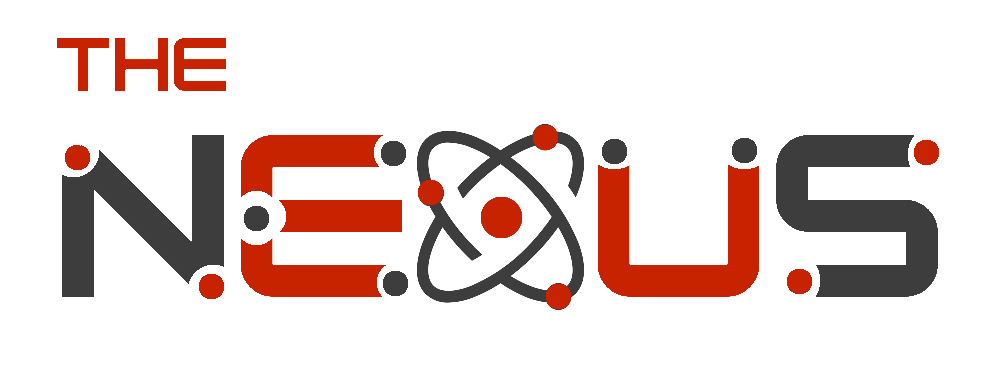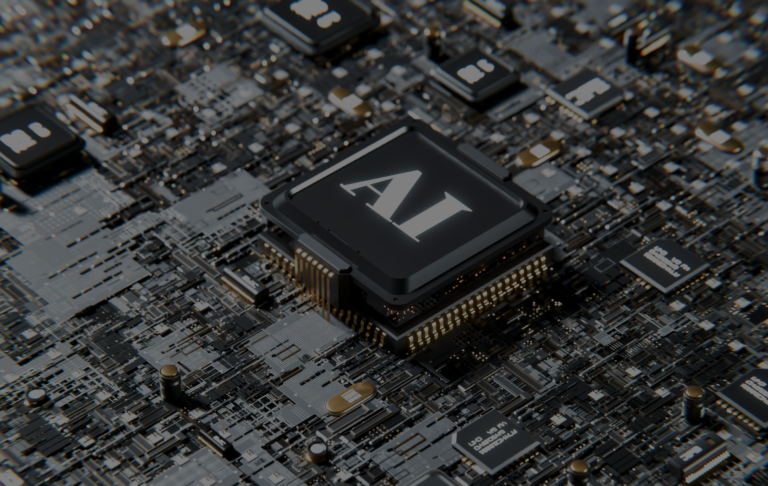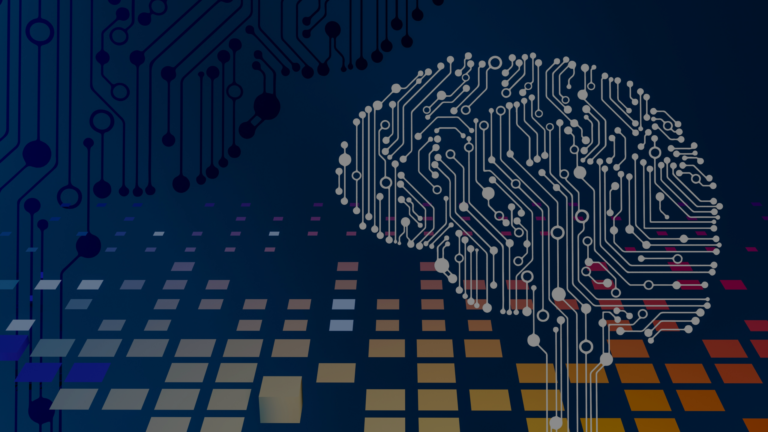.
Forget 10 years ago however you believed businesses operate, the workplace may not even be considered a physical space, in the present times it has become a dynamic interconnected ecosystem where innovation, flexibility and collaboration thrive. These innovations are changing the way we work, where we work, and what work we do. Bypassed are the days people commuted from their homes to clock themselves to work, joined a lagged unstable Zoom meetings, used Email as their main form of formal communication and slow mobile internet speed that couldn’t send at 4 times the speed a file holding a project.
With the rise of Artificial Intelligence (AI) and cutting-edge technology, Automation plays a significant role in this transformation, handling repetitive tasks and allowing employees to focus on creative and strategic initiatives. Automated emails, calls, and chatbots are widely streamline today, reducing the need for large customer service teams. This shift not only increases efficiency but also reduces operational costs.
Remote work and flexible schedules have become the norm, leading to increased productivity and enhanced collaboration. The flexibility of working from home or on the go are irreplaceable priorities that eliminate the need for large office spaces, reduce tardiness, and enhance work-life balance. Employees now have more time for personal growth and outside-of-work activities, reducing stress and improving overall well-being.
Working management software (WMS) has turned into a critical tool for optimizing office space and reducing costs. By analyzing usage patterns and employee preferences, these systems help businesses tailor their physical spaces to actual needs, minimizing unused areas and maximizing utilization. Office management software streamlines administrative tasks that allows for better source and facility planning. This approach supports a more responsive and dynamic environment, empowering businesses to scale their spaces in real-time and avoid unnecessary expenses.
Integrated Workplace Management Systems (IWMS) and Computer-Aided Facility Management (CAFM) are essential tools for space optimization and allocation. These systems allow facility managers to quickly adapt office setups based on real-time data, catering to changing business demands and employee preferences. By leveraging the power of these sophisticated systems, workplace environments become more productive and better aligned with modern needs.
At Development Den we understand that all cutting-edge technology starts at the basis of making great software. Our AI integration and Software Counseling services are designed to tailor technology solutions to your specific workplace needs. Embrace the future of tech with Development Den and experience the endless benefits an advanced technological workplace has to offer.
TIPS For Innovative Workplace Technology:
Customer Interaction Tools:
Use CMR systems and AI chatbots to improve customer interactions and support.
Adaptability:
Be sure to stay prepared to the new technology changes and market demand.
Tech Literacy Programs:
Promote digital literacy among employees to ensure everyone can effectively use new tools.
Sources:
Image: Tran Mau Tri Tam. (2016, January 14). Woman browsing on her laptop. Unsplash.
www.unsplash.com/photos/woman-browsing-on-her-laptop-tZnbakTUcTI





